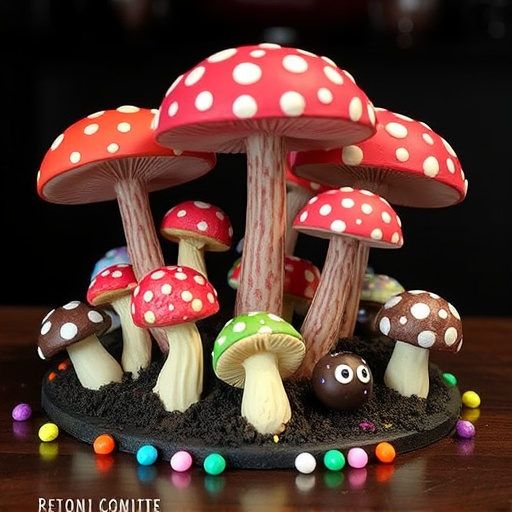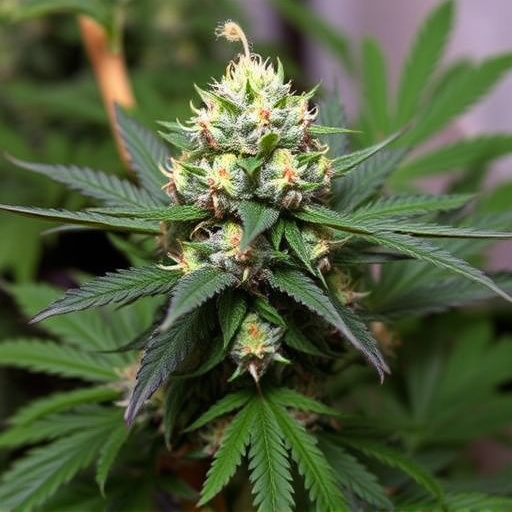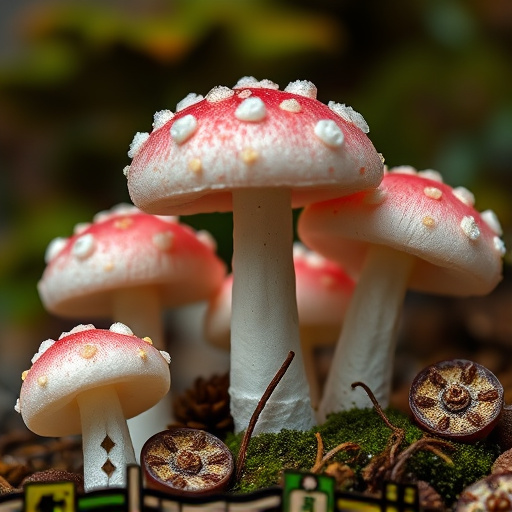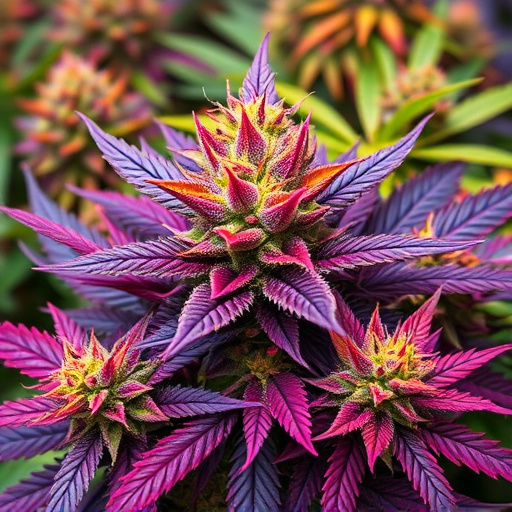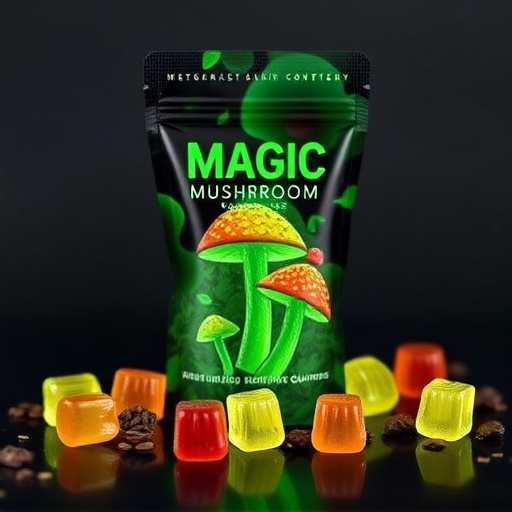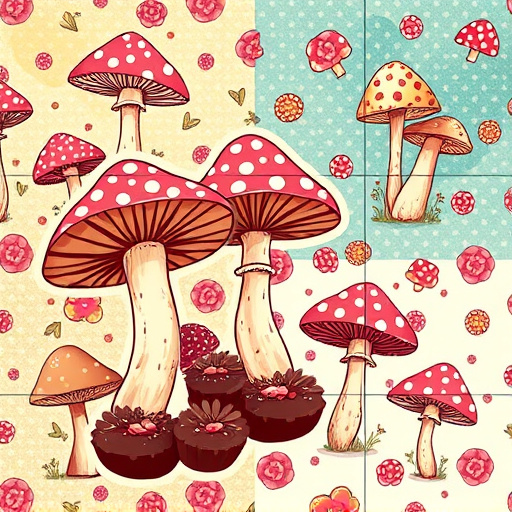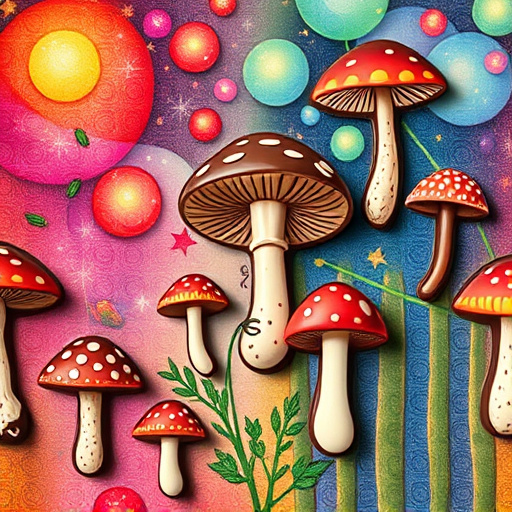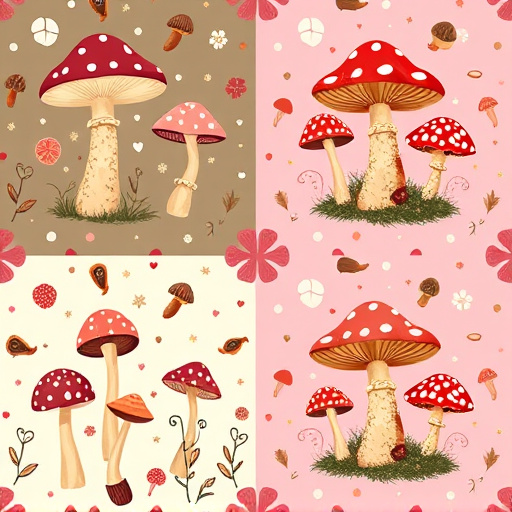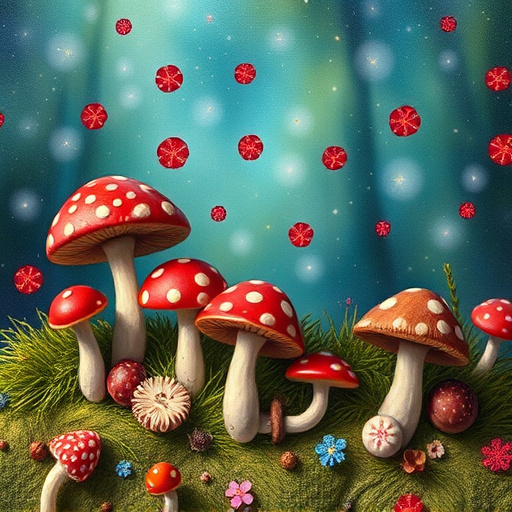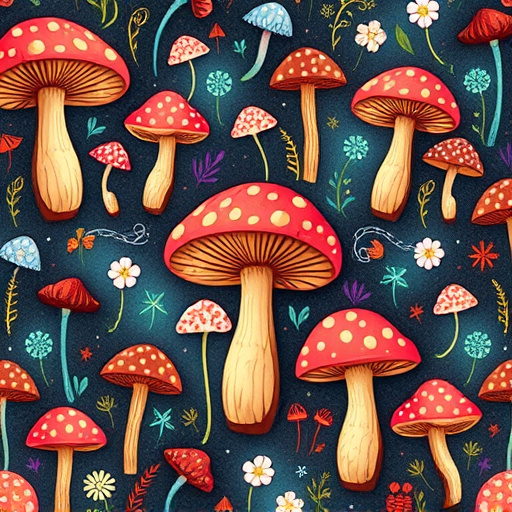Magic mushroom chocolates, infusing dark chocolate with psilocybin, offer a novel and potentially accessible way to explore psychedelic experiences for PTSD treatment. Initial research indicates psilocybin can facilitate significant psychological changes, helping individuals process traumatic memories through therapy integration. However, caution is crucial due to variability and possible risks; further studies are needed to establish safe dosages, identify key compounds, and determine optimal administration methods for effective and ethical use of magic mushroom chocolates in PTSD treatment.
Magic mushroom chocolates, a unique fusion of culinary delight and psychedelic potential, are gaining attention for their therapeutic benefits. This emerging trend involves infusing chocolate with compounds found in psilocybin mushrooms, known for their mind-altering effects. While popular for recreational use, research suggests that magic mushroom chocolates could offer significant relief for Post-Traumatic Stress Disorder (PTSD) symptoms. This article explores the composition of these chocolates, their potential as a PTSD treatment, and future research directions, emphasizing the therapeutic applications of this innovative approach.
- Understanding Magic Mushroom Chocolates and Their Composition
- The Potential Benefits for PTSD Treatment
- Safety Considerations and Future Research Directions
Understanding Magic Mushroom Chocolates and Their Composition
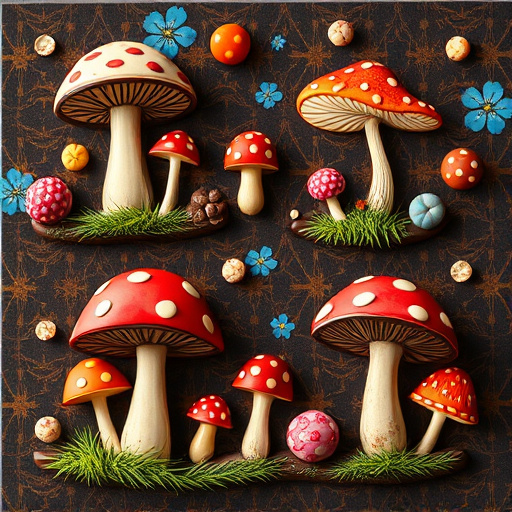
Magic mushroom chocolates are a novel way to experience the potential therapeutic benefits of psilocybin, a psychedelic compound found in certain types of mushrooms. These treats blend the active ingredients from magic mushrooms with delicious chocolate, offering an alternative delivery method for this powerful substance. The composition typically involves infusing high-quality dark chocolate with psilocybin-rich mushroom extracts or powder, creating a palatable and accessible way to explore psychedelic experiences.
One of the emerging applications of magic mushroom chocolates is in the context of PTSD treatment. Research suggests that psilocybin can facilitate profound psychological changes, helping individuals process traumatic memories and reduce symptoms associated with post-traumatic stress disorder. By incorporating psilocybin into chocolates, consumers may experience a more controlled and less intimidating setting for exploring these potential therapeutic effects, compared to traditional psychedelic therapy settings.
The Potential Benefits for PTSD Treatment
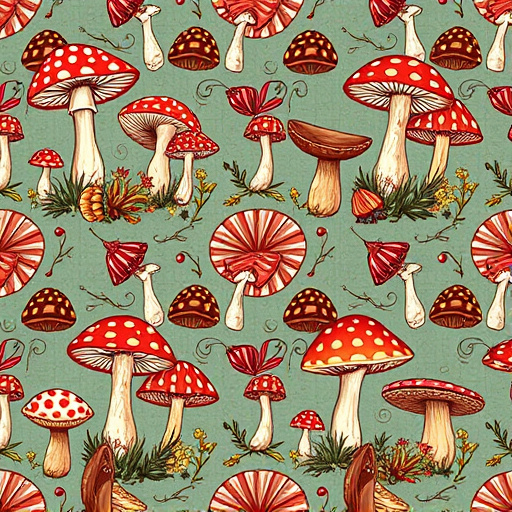
Magic mushroom chocolates, enriched with psychotropic compounds like psilocybin, have shown promise in the treatment of Post-Traumatic Stress Disorder (PTSD). Research suggests that psilocybin can interact with specific brain receptors to induce a state of altered consciousness, allowing individuals to process and recontextualize traumatic memories. This process, known as psychotherapy integration, could help PTSD sufferers gain new perspectives on their experiences and reduce the intensity of associated symptoms.
The potential benefits extend beyond psychological effects. The soothing and emotional regulation properties of magic mushroom chocolates can create a safe, supportive environment for therapy, enhancing the overall effectiveness of treatment. Moreover, studies indicate that psilocybin-assisted therapy may offer lasting relief from PTSD symptoms, providing individuals with tools to manage their conditions effectively over time.
Safety Considerations and Future Research Directions
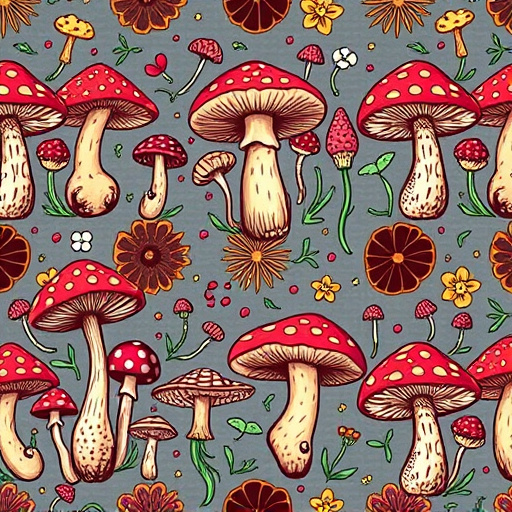
The potential therapeutic benefits of magic mushroom chocolates, particularly in treating post-traumatic stress disorder (PTSD), have sparked interest within the scientific community. While initial studies show promise, it’s crucial to approach this topic with caution and a focus on safety. The psychotropic compounds in mushrooms can elicit powerful effects, and their interaction with chocolate, a widely consumed food, introduces variability and potential risks. Further research is necessary to establish standardized dosages, identify specific compounds responsible for therapeutic outcomes, and determine the most effective administration methods.
Future studies should also explore individual variations in response to these compounds to ensure personalized treatments. Additionally, long-term safety assessments are essential to understand the effects of chronic consumption. Investigating the mechanisms behind magic mushroom chocolates’ potential PTSD treatment capabilities could lead to innovative therapies, but responsible research practices and ethical considerations must guide this exploration to prioritize participant well-being.
Magic mushroom chocolates, with their unique composition, show promising potential as a complementary therapy for Post-Traumatic Stress Disorder (PTSD) treatment. The active compounds in these edibles, derived from psilocybin mushrooms, have demonstrated efficacy in reducing symptoms and enhancing therapeutic outcomes. While further research is needed to fully understand their effects and safety profiles, the initial findings suggest that magic mushroom chocolates could offer a novel and effective approach to PTSD care. As we continue to explore alternative treatments, these chocolate-based psychedelics may prove to be a game-changer in navigating the complex landscape of mental health support.

